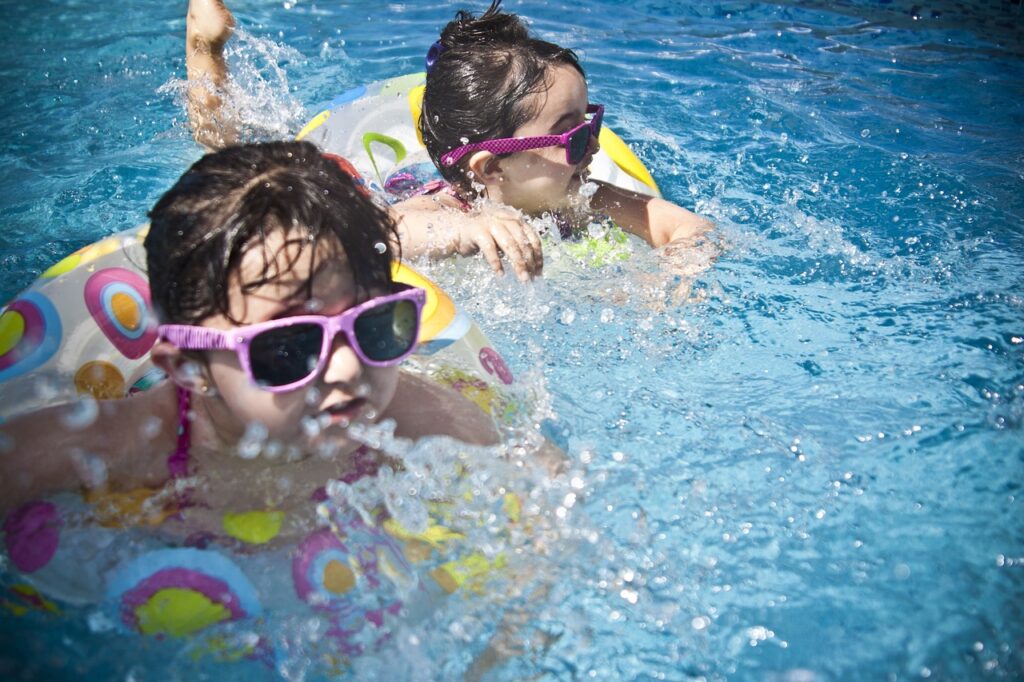Many adults hesitate to join swimming classes, but learning to swim at any age is both achievable and beneficial. Swimming classes for adults focus on building confidence, improving technique, and ensuring safety in and around water. These classes offer structured, progressive lessons tailored to different skill levels, from beginners to advanced swimmers.
Swimming class adults often combine individual attention with small group settings, allowing learners to progress at their own pace while receiving expert guidance. Whether someone struggles with basic water comfort or seeks stroke refinement, adult swimming programs provide practical skills and water safety knowledge that enhance overall confidence.
From private to group lessons, adult swim classes create an inclusive environment that accommodates various goals and schedules. Many programs emphasize lifelong skill development, making swimming accessible and enjoyable for adults regardless of prior experience.
Benefits of Swimming Classes for Adults
Swimming classes for adults offer practical advantages that extend across physical health, mental wellbeing, and social connections. These benefits make swimming a valuable skill and a regular activity for maintaining overall wellness.
Physical Health Advantages
Swimming provides a low-impact, full-body workout that engages multiple muscle groups without stressing the joints. This makes it especially suitable for adults with arthritis, injuries, or those seeking a gentle form of exercise.
Regular swimming improves cardiovascular endurance by strengthening the heart and lungs. It enhances flexibility and balance, which can reduce the risk of falls and improve posture. Swimming also supports weight management and muscle toning through consistent, controlled movements in water.
The ability to increase intensity safely allows beginners and advanced swimmers alike to build strength and stamina over time. This adaptability is key to maintaining long-term physical health.
Mental Wellbeing Improvements
Swimming classes help reduce stress by promoting relaxation and releasing endorphins. The repetitive nature of swimming strokes can have a meditative effect, calming the mind.
Learning and improving skills in a supportive environment can boost self-confidence and reduce fear of water. This confidence often translates into lower anxiety levels and a more positive mood.
Engaging in regular physical activity like swimming is linked to improved sleep quality. The combination of physical exertion and relaxation benefits mental clarity and resilience against stress-related conditions.
Social Engagement Opportunities
Adult swimming classes provide a structured environment for meeting people with similar interests and fitness goals. These settings encourage social interaction, which can reduce feelings of isolation.
Group lessons foster teamwork and motivation as participants learn together and support each other’s progress. Building friendships through shared experiences adds value beyond physical exercise.
Participating in community programs or swim clubs offers ongoing opportunities for social connection, contributing to overall mental and emotional health while maintaining an active lifestyle.
Choosing the Right Swimming Class for Adults
Selecting an adult swimming class requires attention to specific factors such as current swimming ability, the qualifications of instructors, class structure, and safety protocols. These elements influence the learning pace, comfort level, and progress in the water.
Skill Level Assessment
Accurately evaluating an adult’s swimming skill is essential to match them with an appropriate class. Beginners should start in classes that focus on water comfort, basic breath control, and simple strokes. More experienced swimmers benefit from technique refinement and endurance-building workouts.
Many programs provide an initial assessment or trial lesson to identify current skills and any water anxieties. This helps place adults in groups where the lesson pace fits their learning needs. Avoiding classes that are too advanced or too basic prevents frustration and improves motivation.
Instructor Experience
The instructor’s experience significantly impacts the effectiveness of adult swimming lessons. Adults learn faster when instructors understand adult-specific challenges and anxieties around water. Instructors certified in teaching adults often use techniques tailored to adult physicality and cognitive learning styles.
Look for instructors with credentials from recognized swimming associations and experience in adult education. An instructor’s ability to provide clear, calm, and patient guidance increases confidence and safety during lessons.
Class Types and Formats
Adult swimming classes typically come in private, semi-private, and group formats.
- Private lessons offer personalized attention and flexible pacing, ideal for beginners or those overcoming fear.
- Group classes encourage social interaction and are generally more cost-effective but may have less individualized feedback.
- Semi-private lessons combine benefits of both, with small groups allowing some personalized instruction.
Pool facilities often vary class sizes and instructor-to-student ratios, influencing the overall learning environment. Smaller groups usually allow more interaction and adjusted teaching.
Safety Considerations
Safety is a critical factor for adult swimming classes. Pools should be well-maintained, with lifeguards on duty during lessons. Adult learners benefit from having safety protocols clearly explained at the start.
Choosing less crowded pool times can reduce distractions and create a calmer learning environment, which helps in maintaining focus and reducing anxiety. Additionally, instructors must emphasize skills that reduce drowning risks, such as floating, treading water, and controlled breathing.
Adults should confirm that venues follow local health and safety regulations to ensure a secure learning space.



